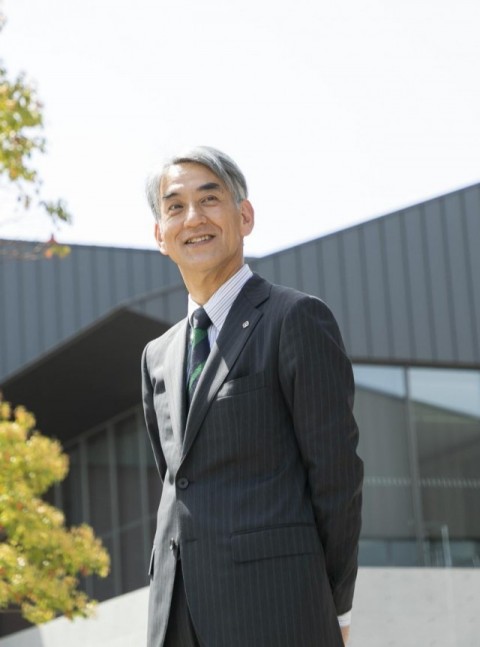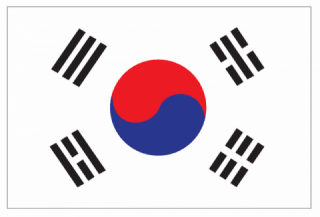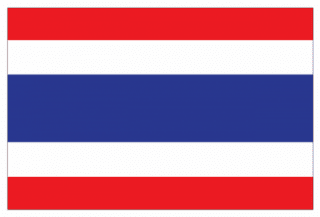About University of Nagasaki
Message from the President

Kazunobu Asada President, University of Nagasaki
University of Nagasaki is located in Nagasaki Prefecture, which is an exceptionally unique place in Japan. Geographically, Nagasaki is located on the western edge of the Japanese archipelago. Alternatively, one might even say that it is centrally located in East Asia. Historically and culturally, Nagasaki is quite special, as well. In the past, many cultures, especially Asian, were introduced to Japan through Nagasaki. All through the Edo period (1603-1868), the rulers of Japan closed the country to all foreign countries but China and The Netherlands. Nagasaki was the only place for international trade and played an important role as the gateway to Asian and European countries. Thus, the culture of Nagasaki is said to be “wakaran,” which means a mixture of Japanese, Chinese, and Dutch cultures. Nagasaki is also known as one of the two cities in the world that have been hit by an atomic bomb. Accordingly, “peace” is a vitally important keyword for Nagasaki. University of Nagasaki is making a powerful effort to cultivate students to be able to contribute to society in many different fields, both in Japan and all over the world. Come and join us to study, talk with professors, and meet new friends in the lovely and inviting environment of the University of Nagasaki.
The University
Nagasaki has a long history of international engagement, and once served as Japan’s only window to the world – Western countries and other parts of East Asia in particular – during the period of national isolation. Due to its geographical location, Nagasaki has been strongly influenced by the cultures of mainland China and the Korean peninsula. In this sense, it can be said that Nagasaki was one of the most internationalized regions in the country. Nagasaki also has a multilayered history, including its period of the “underground Christian” movement and the tragedy of the atomic bombing. The prefecture of Nagasaki has many remote islands, adding an extra dimension to the region’s economic and social development. Located in this historically, geographically, and culturally rich environment, the University of Nagasaki is dedicated to utilizing its educational and research activities to develop an academic culture that fosters local economic activity and promotes improvements to the health, lifestyles, and culture of local residents. University of Nagasaki also aims to cultivate in students a rich sense of humanity and creativity along with a high degree of knowledge by providing highly specialized education and research as well as a broad-based education in liberal arts. Through the pursuit of education, learning, and research at high levels of excellence, we develop specialists equipped with the discernment and dynamism that will allow them to adapt appropriately, flexibly, and actively to the needs of today’s highly complex and diversified society. Similarly, the graduate school endeavors to raise the degree of expertise even higher and to promote research activities that address high-level social needs and contribute to the local community. To this end, the University defines its philosophy and objective in terms of three points of agenda.
Philosophy and Objectives
- Creativity and Humanity
We develop highly creative human resources endowed with a spirit of respect for others and a yearning for peace
To produce graduates with the ability to respond to rapidly changing trends in society, it is essential to nourish a rich humanity and keen intelligence, based on a spirit of respect for others and the pursuit of peace. Under this philosophy, we combine a well-rounded liberal arts education and a more specialized education to provide a broad range of courses in areas such as economics, international relations, information systems, nursing, and nutrition, thereby producing highly creative specialized professionals who are rich in creativity and equipped with deep insight and high powers of action, enabling accurate accommodation of needs in an increasingly complex and diverse society. We also train students in advanced levels of international communication, with an emphasis on English and Chinese language education, and strive to cultivate individuals who can contribute to the advancement of Asia and the world in general while taking a hand in the development of globalizing societies and regions. On the level of graduate studies, our efforts are devoted to raising the degree of expertise even higher and turning out people possessed of a broad outlook and highly specialized knowledge, capable of pursuing careers as experts in individual areas of specialization.
- Regional Innovation
We create new ideas through research rooted in Nagasaki
With the conviction that studies should be undertaken toward the goals of assuring respect for humanity, world peace and human welfare, the University constantly strives to refine the methods and substance of research, probe for truth, and create knowledge. We intend to actively promote distinctive research grounded in the geographical, historical, and cultural attributes of Nagasaki, which include many islands and diverse sea areas; historical, including a long history of exchange with other parts of East Asia; and cultural attributes of Nagasaki in order to create additional knowledge rooted in the region. In particular, the university places a priority on research related to matters such as human safety/security and peace, remote islands, and East Asia, in keeping with its intention to function as a hub of knowledge not only in prefectural and national contexts but also in international ones.
- Contribution to Society
We contribute to the local community and to international society based on the University’s total capability
Through comprehensive application of the university's available human, material, and intellectual resources and organizations, the university is committed to extensive contribution to the improvement of the health and well-being of local residents, the promotion of local industries, and the creation of new local culture. To this end, we as a local center of knowledge will actively promote collaboration between industry, academia, and government. We also pursue partnership and cooperation with the community for flexible and positive-minded accommodation of the diversified needs of prefectural residents in such respects as lifelong learning and community development. Nagasaki was for a long time Japan's sole window to the West and to East Asia, and has a history of dealings with other countries, as well as human and cultural ties to the rest of nearby East Asia. The university will make the most of these historical and geographical characteristics of Nagasaki by vigorously developing interaction with overseas universities and research institutions, mainly in East Asia, and by assisting international economic advancement and cultural enhancement.
Partner Institutions
Asia

South Korea
- Korea University *Not recruiting this year
- Korea University College of Nursing
- Dong-A University

Vietnam
North America

United States of America
Center for Global Education and Research
The Center aims to function as a window of international interchange and to promote exchange with counterparts in other countries through study-abroad programs and language training for its own students as well as acceptance of foreign nationals for study and research courses. Another objective is improved education in foreign languages through implementation of research related to education and practical instruction.
Sasebo Campus
123 Kawashimo-cho, Sasebo, Nagasaki 858-8580, JAPAN
TEL +81-956-47-2191 / FAX +81-956-47-6941
Siebold Campus
1-1-1 Manabino, Nagayo-cho, Nishi-Sonogi-gun, Nagasaki 851-2195, JAPAN
TEL +81-95-813-5500 / FAX +81-95-813-5220



